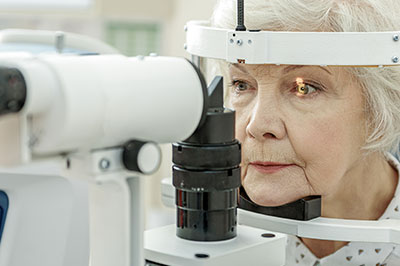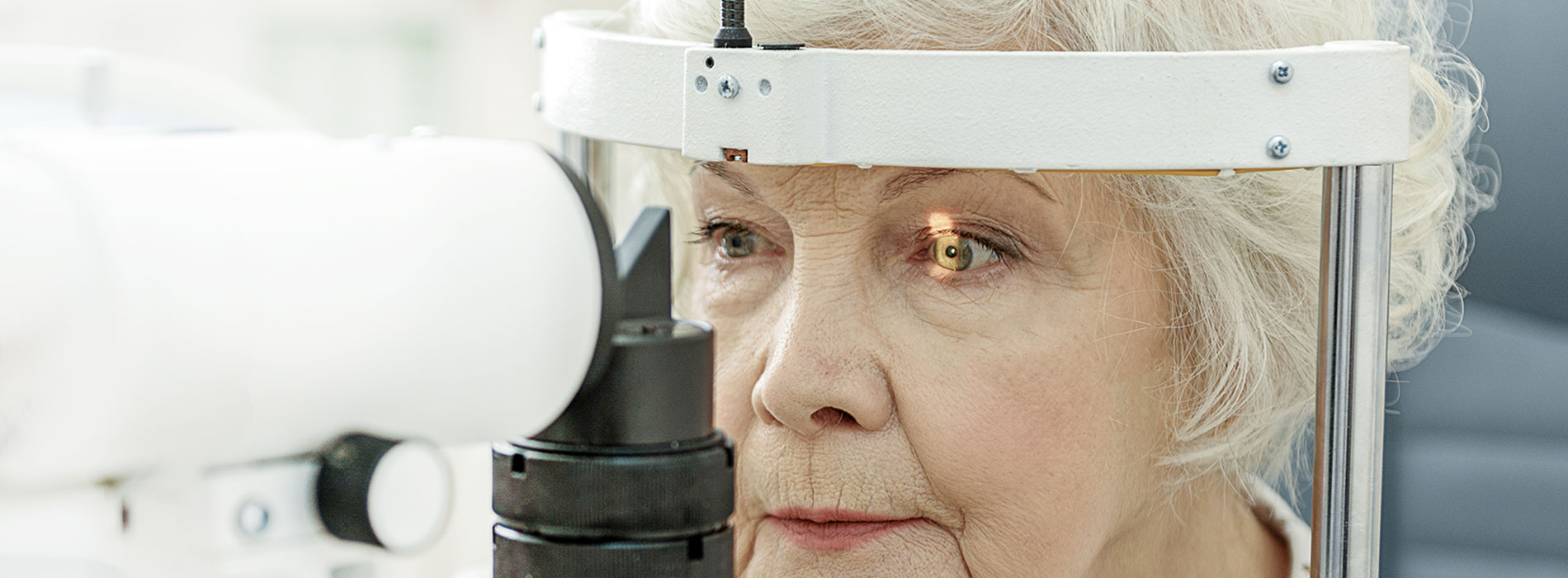
Our Office
Visit Us Online

A cataract is a condition in which the lens of the eye becomes cloudy and hard. Cataracts develop in everyone as part of the normal aging process. However, their development can be accelerated by certain things such as an eye injury, ultraviolet light exposure, certain medical conditions (i.e. diabetes), previous eye surgery, or prolonged use of steroid medications.
Cataracts often cause blurred vision, dulled vision, glare, light sensitivity, and/or double vision. When the cataract alters vision so much that it interferes with your daily life, the cataract may need to be removed. Aside from surgery, there are no other forms of treatment to prevent or reverse cataract formation. Without surgery, the cataract will continue to worsen and further limit vision.
The new technology and developments in cataract surgery are exciting!
Premium lenses can minimize and even eliminate your need for glasses or contact lenses after cataract surgery. These premium lenses include astigmatism-correcting intraocular lenses and presbyopia-correcting lenses.
Astigmatism can be lenticular (in the lens) or corneal (in the cornea). If you have corneal astigmatism, a toric intraocular lens (IOL), also known as an astigmatism-correcting IOL, can be implanted during cataract surgery to correct for the astigmatism. Lenticular astigmatism is simply corrected by removing the cataract.
Presbyopia-correcting lenses make it possible to focus at both distance and near out of the same eye. This minimizes the need for bifocals, progressive lenses, and/or reading glasses after cataract surgery.
No. Once a cataract is removed from the eye, it cannot come back. However, the lens capsule that holds the lens in place becomes cloudy in about 1/3 of patients after cataract surgery. This condition is easily treated with a procedure called a YAG capsulotomy in which a laser is used to create an opening in the cloudy lens capsule. This quick and painless procedure is performed in our office and requires no down time. A YAG capsulotomy is a separate charge from cataract surgery; however, it is a billable procedure to your medical insurance.
Eye drops for cataract surgery can be expensive. However, there are options available to enable you to purchase all three medications for no more than approximately $150 total. If your pharmacy gives you a price greater than this, please contact our office. Two of the medications should last for both eyes, further decreasing your out-of-pocket cost.
This depends on the intraocular lens (IOL) that you select. Patients who choose the standard lens will almost always need glasses for certain activities.
Premium lenses are available to lessen your need for glasses or contact lenses after surgery. For more information on IOL options, please see the “Surgical Options” section of this brochure.
It takes time for the new IOL to settle into its final position after surgery. New glasses prescriptions are typically given at the 1 month post-op visit.
Flying has not been shown to impact the results of cataract surgery and there are no specific restrictions in this regard. However, we do recommend staying local until after your 1 week follow up appointment in case anything happens during the early healing period.
You may wear facial makeup and lipstick the day after surgery. You may resume wearing eye makeup approximately one week after surgery.
Many patients are able to return to work or school within 2-3 days, depending on their occupation. Consult with your ophthalmologist about how soon you may return to work or school after cataract surgery.
First week after surgery:
First 2 weeks after surgery:

Layton Location
Ogden Location
Layton Location
Clinic Hours:Ogden Location
Mon - Fri: 9:00 am - 5:00 pm